Bill Gates-funded startup achieves breakthrough with solar-thermal tech
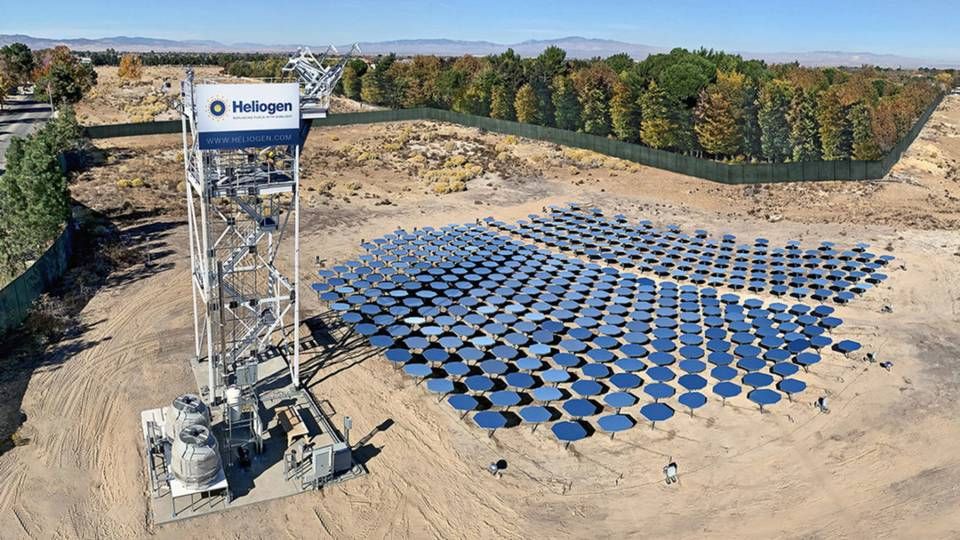
Heliogen, a new US startup, has succeeded in achieving temperatures hotter than 1,000 degrees Celsius using concentrated solar power (CSP).
Such temperatures are capable of replacing fossil fuels in heavy industries such as cement and steel production, the firm informs in a press release.
Bill Gates, who recently regained the status of the world's wealthiest person, is backing the project and sees big potential in the technology.
"Its capacity to achieve the high temperatures required for these processes is a promising development in the quest to one day replace fossil fuel," Gates writes in the statement
According to Microsoft's founder, heavy industry – which beyond steel smelting plants and cement factories also entails shipyards, oil products and petrochemicals – accounts for roughly one fifth of global carbon emissions.
Cement production alone contributes 7 percent of global CO2 output.
Aiming for 1,500 degrees
Earlier on, Heliogen relays, CSP technology was only capable of reaching 565 degrees Celsius – useful for energy generation but inept for heavy industrial processes.
Heliogen has now succeeded in achieving temperatures hotter than 1,000 degrees Celsius, but the company aims to reach the sweltering level of 1,500 degrees.
Such a temperature, the company reckons, would be able to split H2O via electrolysis in green hydrogen production.
"We’ve made great strides in deploying clean energy in our electricity system. But electricity accounts for less than a quarter of global energy demand. Heliogen represents a technological leap forward in addressing the other 75 percent of energy demand: the use of fossil fuels for industrial processes and transportation," writes Heliogen founder and Chief Executive Bill Gross in the statement.
Break even in three years
For heavy industry players already equipped with heating systems, Gross says it's possible to combine Heliogen's solution with fossil fuels and thereby maintain 24-hour production.
Media Techcrunch reports Gross' assessment that industrial companies could reduce their fossil energy consumption by up to 60 percent by integrating the CSP system into their existing hardware.
In the event that businesses buy the system, the CEO says they could break even in a period of two to three years.
Alternatively, Heliogen offers to manage the installation, if the companies pay for the heat.
"Death ray"
Specifically, Heliogen has enhanced existing CSP technology by using cameras and computer-based sensor control.
The cameras capture and send real-time video images of a field of mirrors guided by sensors to focus solar radiation on a precise point – either a gas-filled transmission pipe or via a tower – heated in excess of 1,000 degrees Celsius.
Thus far, Heliogen has tested its heating technology using 70 mirrors in an industrial area in California to demonstrate the technology's functionality.
The full-scale version entails an area of approximately 8,000 meters2 covered with mirrors aimed at a tower, directing concentrated sunlight.
"It’s like a death ray," Gross tells Techcrunch.
(This article was provided by our sister media, CleantechWatch)
Saudis secure funding for world's largest solar farmDanish CSP solar developer wins major order in Dubai
Related articles
Saudis secure funding for world's largest solar farm
For subscribers
Danish CSP solar developer wins major order in Dubai
For subscribers

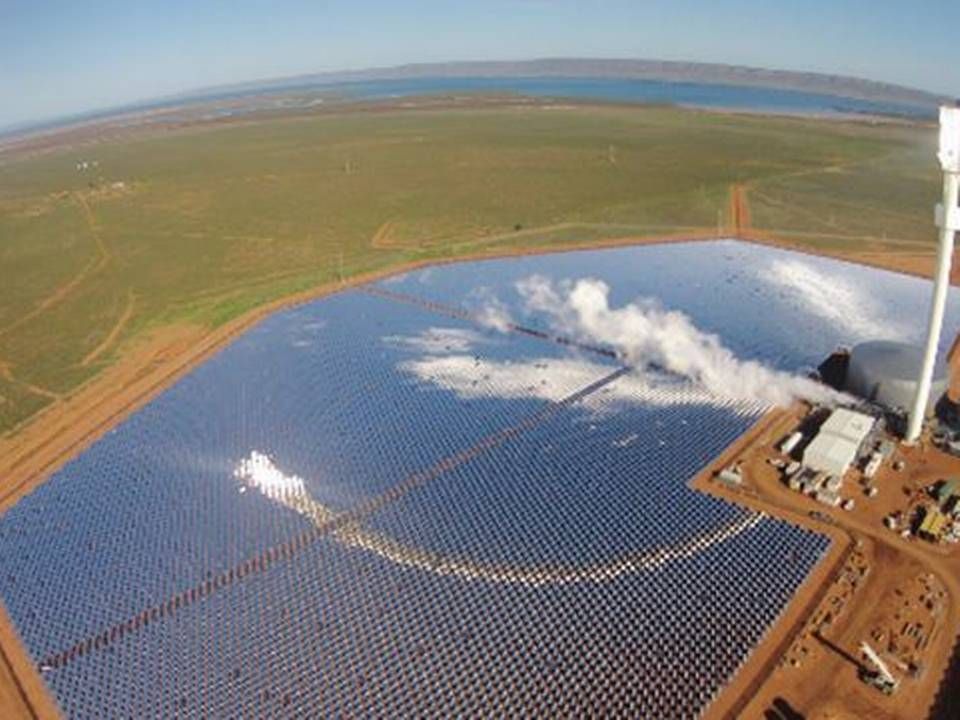

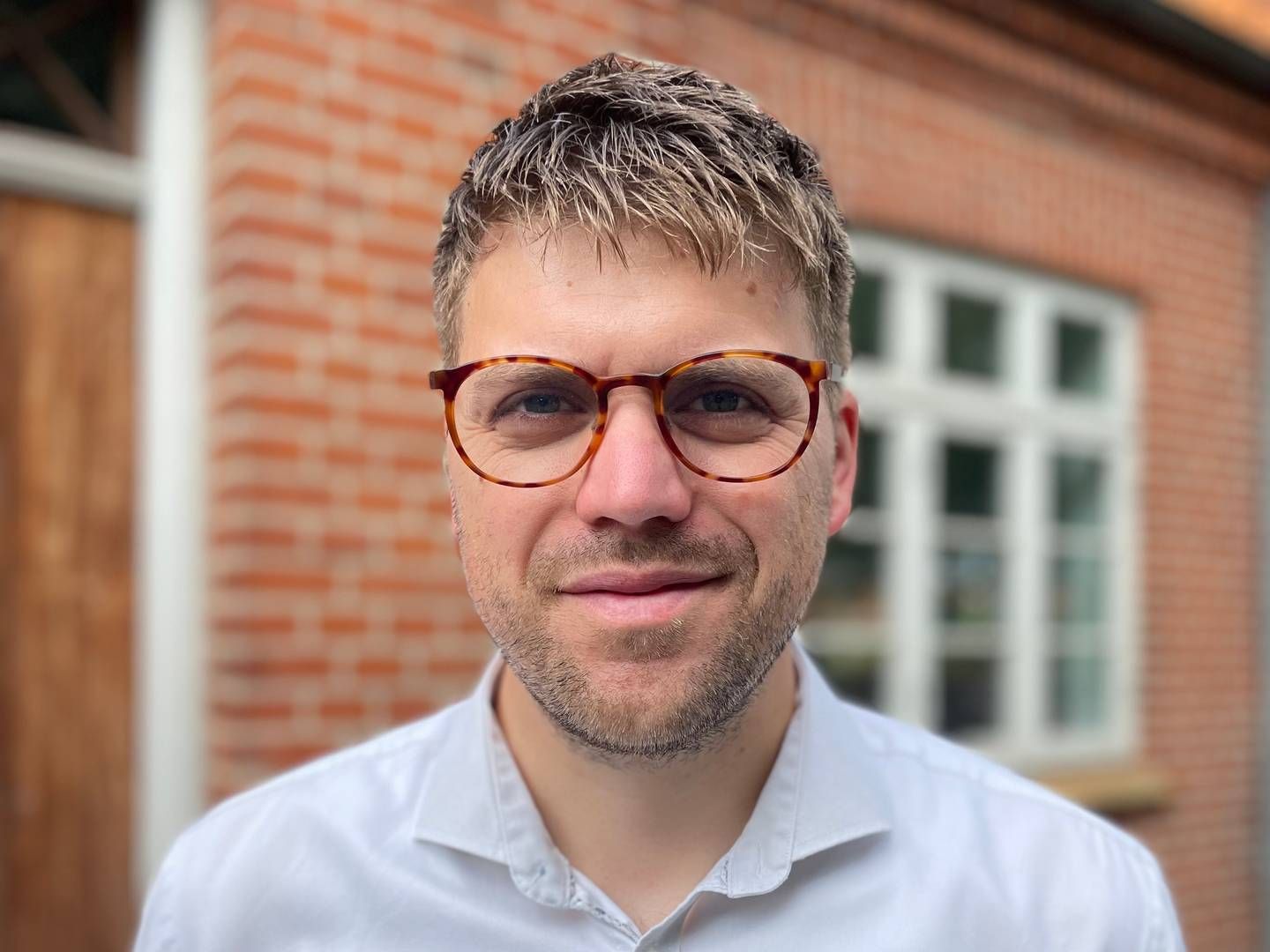




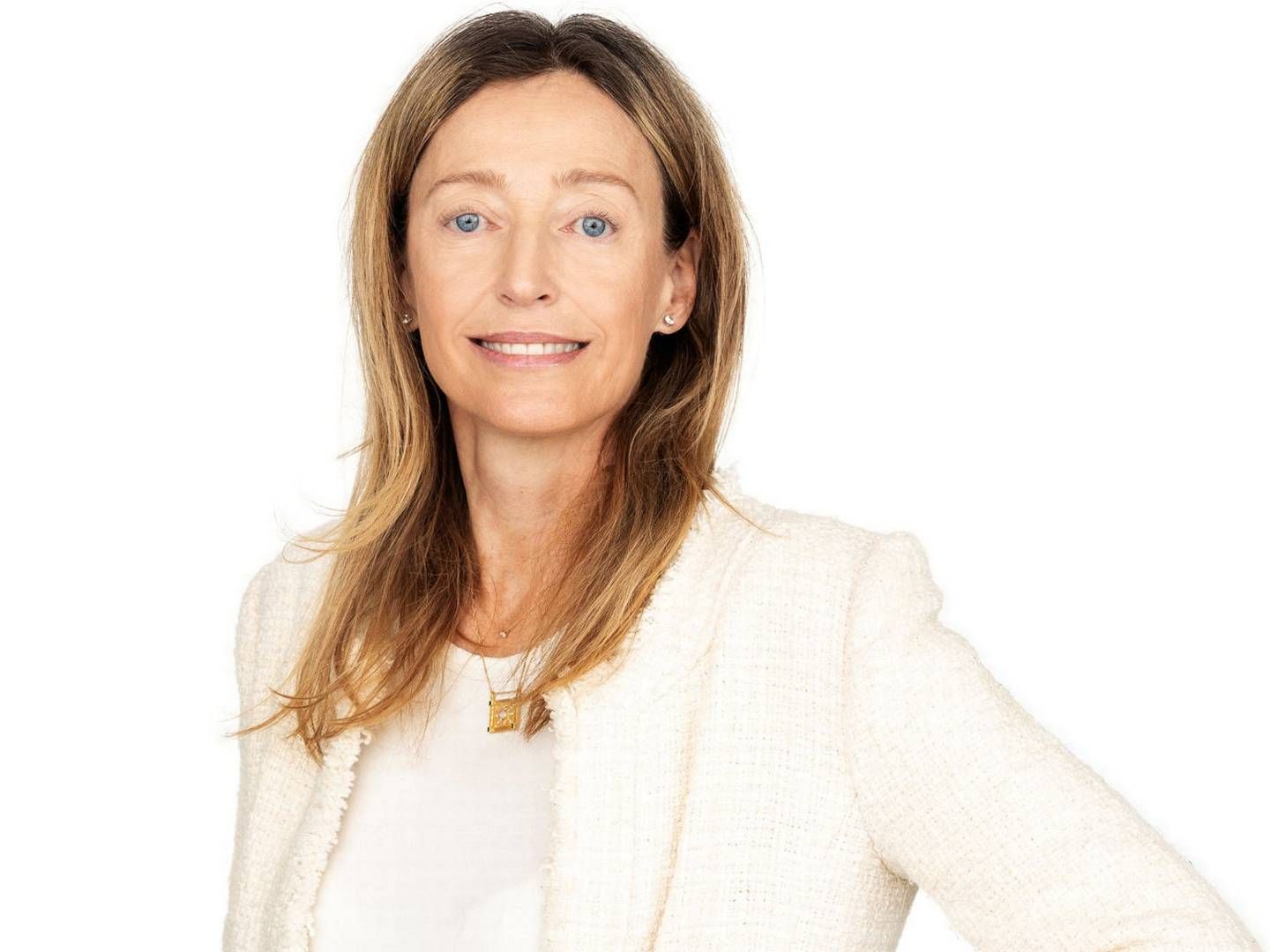

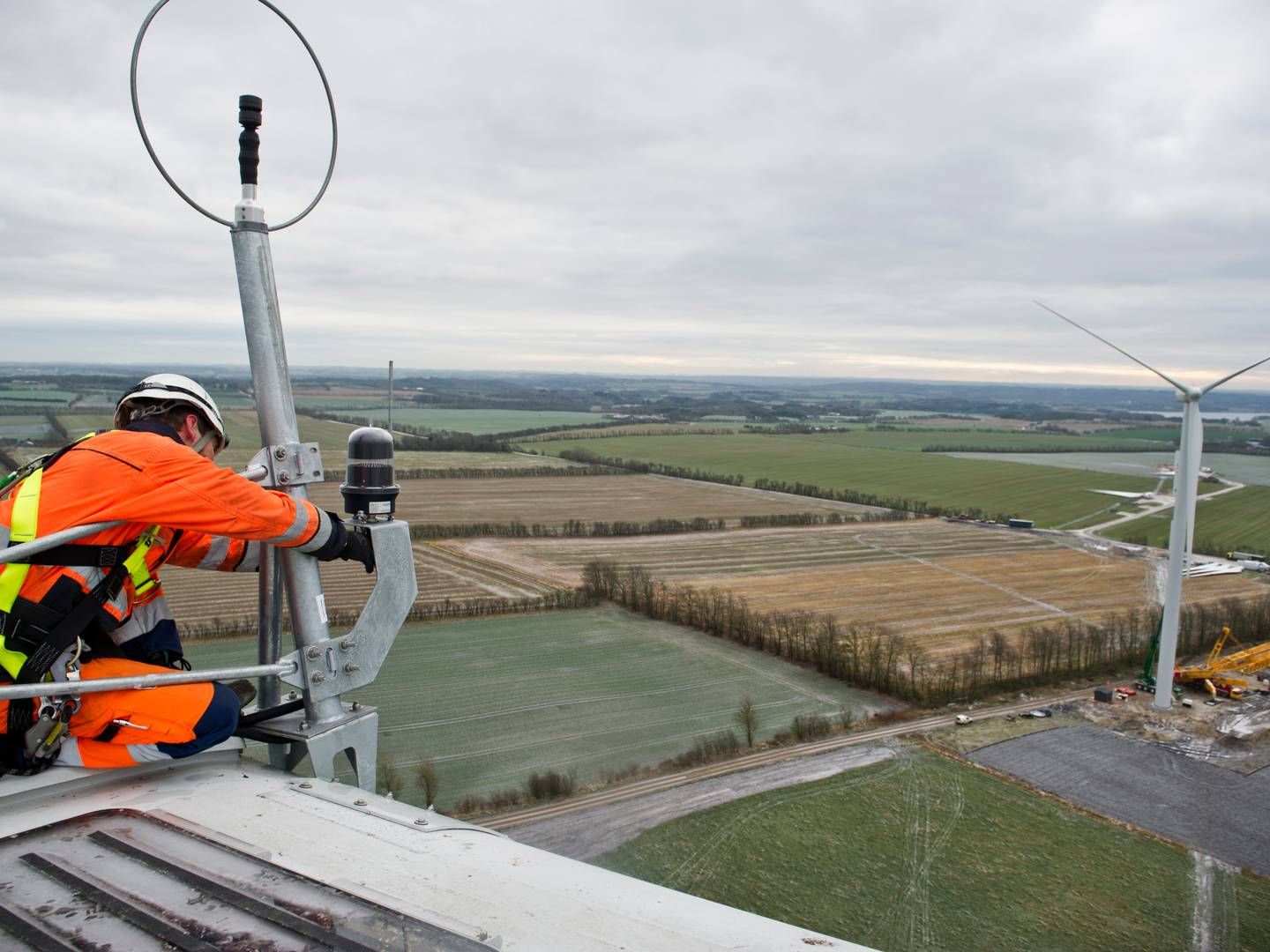
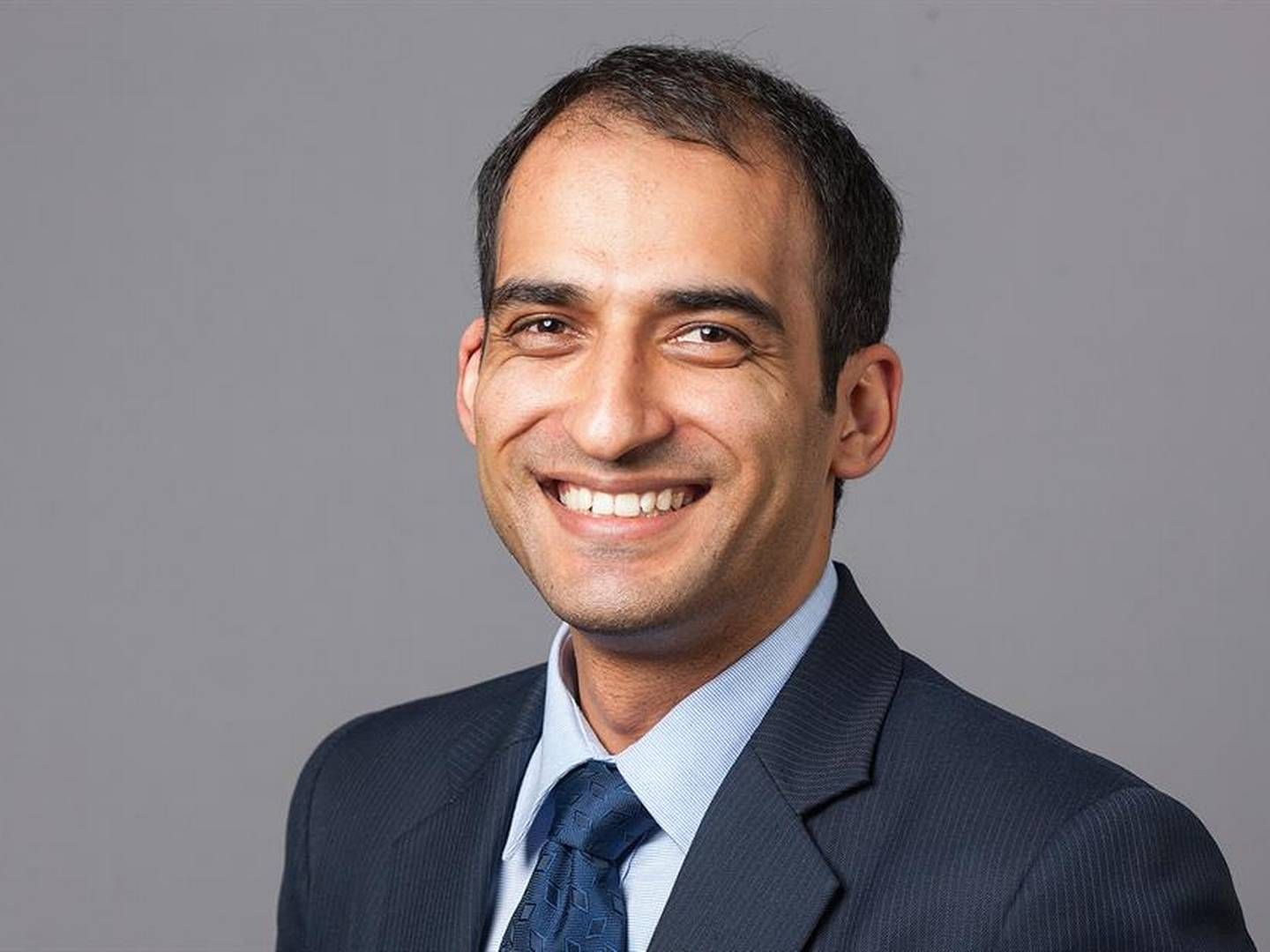



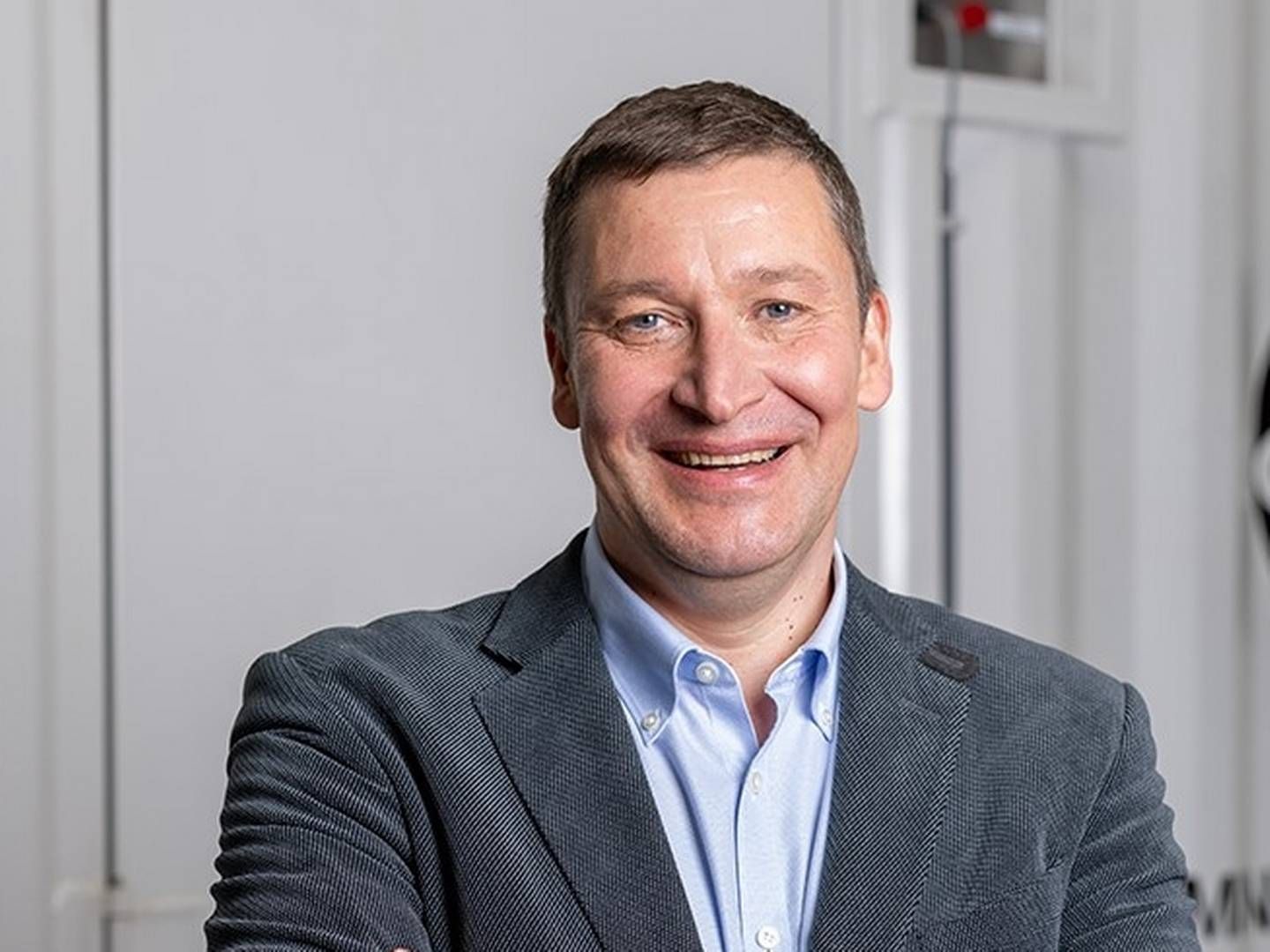

.jpg&w=384&q=75)





